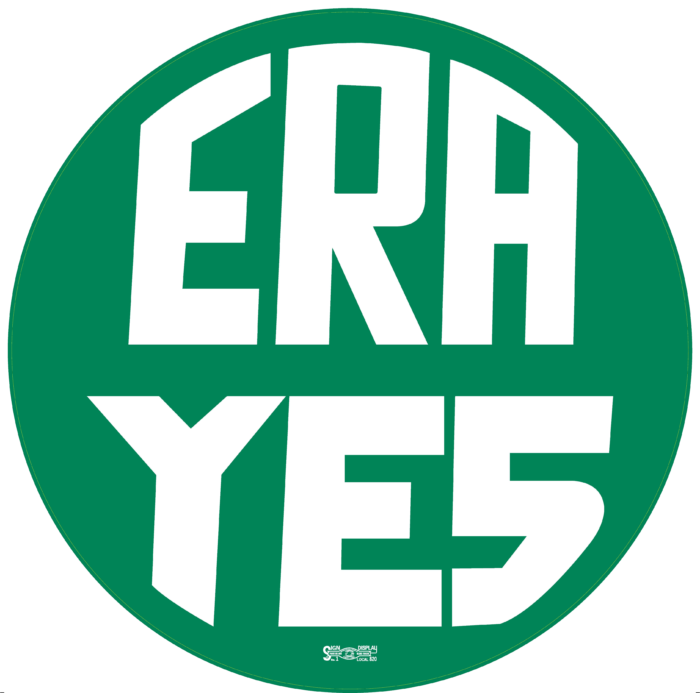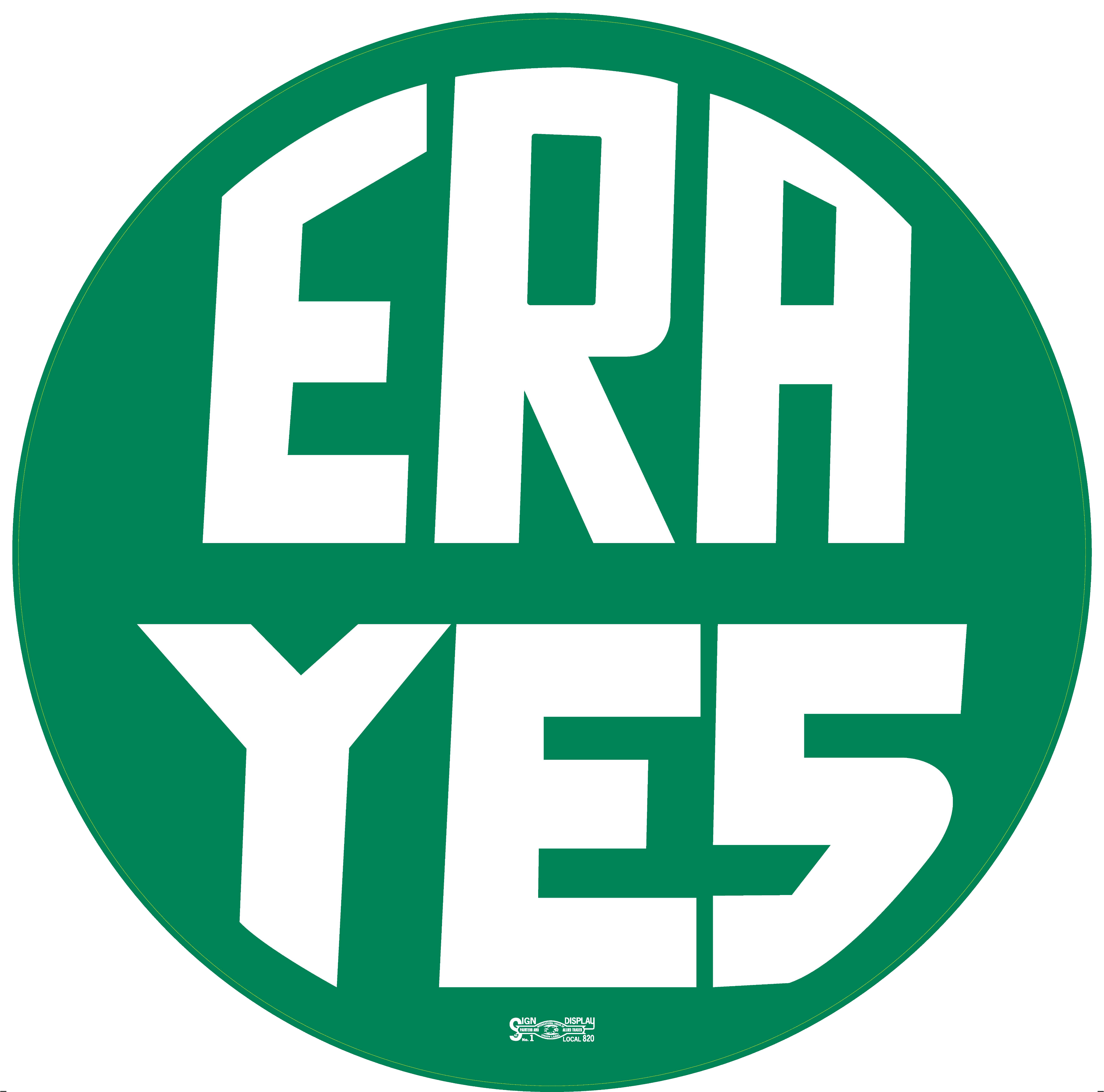The Equal Rights Amendment isn’t exactly on today’s ballot in Virginia, but it might as well be.
Today Mississippi and Kentucky both have major gubernatorial elections, but Virginia’s off-year race for control of the state legislature is the main event. Partisan control of the legislature hangs in the balance, as well as support for the ratification of the Equal Rights Amendment. Anti-ERA majorities of 20-19 in the State Senate and 51-48 in the House of Delegates are threatened by demographic changes after district boundaries were revised earlier this year in response to racial gerrymandering. With all 140 seats in the legislature up for grabs, Virginia voters have a real opportunity to elect pro-ERA legislators. Put plainly, the fate of the ERA is in Virginian voters’ hands.

Newly-elected pro-ERA legislators are expected to bring the ERA to a vote in January 2020. Earlier this year, Virginia legislators came close but ultimately failed to ratify the ERA by only one vote. If enough pro-ERA legislators are elected to the Virginia state legislature tonight, ratification will succeed this time, making Virginia the 38th and final state needed to ratify the amendment federally after it was passed by Congress in 1972— almost five decades ago. Federal ratification of the ERA would make history by ensuring that gender equality is forever enshrined in the Constitution.
But even if today’s election results in a more progressive, pro-ERA Virginian leadership—fingers crossed—that doesn’t mean the job is done. Legislators will need to be held accountable by voters and ERA supporters, putting pressure on them to bring the ERA to yet another vote and support its ratification. After that, there are still hurdles: bills currently wait in both the U.S. House and Senate to remove the seven-year deadline on the ERA’s ratification. Congress included the deadline in the amendment’s preamble when the ERA was first proposed in the ‘70s; it held that the amendment would be effective if within seven years it were approved by three-quarters of state legislatures—or 38 states.
If Virginia doesn’t become the 38th state this election, then there is even more work to be done—again, by voters and ERA supporters. In the case of a win for opponents to equality, it means going back to the drawing board, contacting legislators in un-ratified states and raising awareness about the importance of a federal ERA. It has taken feminists almost 100 years to get this close to an Equal Rights Amendment, and we won’t stop until we get it.

